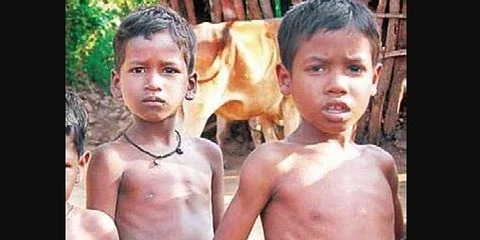

MANGALURU: The Women and Child Welfare department in Dakshina Kannada has identified 47 severely malnourished children this year, in the age group of 6 months to 5 years. Though the number is the lowest, compared to other districts, it is still a concern for the department.
As many as 2,301 moderately malnourished children, and 47 severely malnourished children, below the age of 6, were identified. Officials say the reasons for malnutrition are poverty, health issues by birth and in most cases in the district, it is hereditary. These children regularly undergo health checkups at primary health centres. “We provide additional food five days a week through Anganwadi workers. The government is giving Rs 2,000 every year for their medical expenses,” said Papa Bovi, deputy director of WCD.
Meanwhile, poverty and family disputes have forced many parents to hand over their children in the custody of care and protection centres, during the Covid-19 crisis. Renni D’Souza, president of the Child Welfare Committee, told TNIE that around 70 parents have handed over their children this year, unable to look after them.
“Every month, we get around 10 cases for care and protection, and the number is increasing. One of the main reasons is that people have lost jobs and have no money. In many cases, it is due to alcoholic people in the family, children of daily wage labourers and single parents,” he said. There are 29 care and protection centres in the district, where 398 children are being taken care of. The number of children in these institutions is quite low during the lockdown, as many of them returned to their native towns due to closure of schools.
Renni says the focus should be on children below 18 years, for a malnutrition survey. “Also, awareness needs to be created on building immunity. The education department must check and monitor whether nutritious food provided by the government is reaching the children or not, because before the Covid-19 outbreak, the children used to get the food in schools, now it goes directly to their homes.”